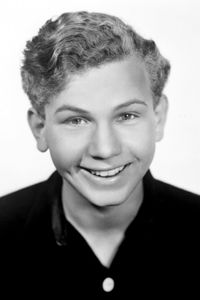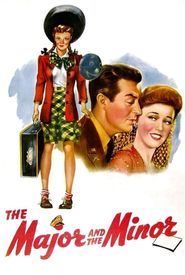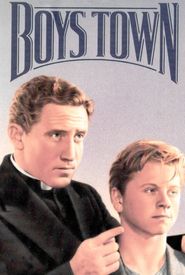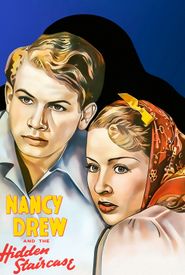Frank Marion Thomas Jr., also professionally recognized by his stage name Frankie Thomas, was a remarkably diverse and accomplished American artist, born on April 9, 1921, with a profound impact on the entertainment industry. His extensive career spanned multiple disciplines, including acting, authoring, and bridge-strategy expertise, leaving a lasting impression on the world of Broadway, films, and early television.
Thomas's life took a dramatic turn at a remarkably early stage, as he found himself accompanying his mother to a casting office at the tender age of 11, marking the beginning of a journey that would shape his future and lead him down a path of artistic expression. The agent, impressed by his presence, offered him a small yet significant part in the 1932 Broadway production of Carry Nation, where he had the unique opportunity to share the stage with none other than the esteemed and accomplished actor, Jimmy Stewart, an experience that would undoubtedly have a lasting impact on his development as a performer.
Thomas's illustrious career in the 1930s was marked by his impressive presence on the Broadway stage, with a total of six remarkable productions to his credit. Among these notable performances were Little Ol' Boy, Thunder on the Left, Wednesday's Child, The First Legion, Remember the Day, and Seen But Not Heard.
One of his most memorable and significant roles was in Wednesday's Child, where he took on the pivotal character of Bobby Phillips. This iconic part not only showcased his remarkable talent but also holds the distinction of being the longest stage role ever written specifically for a child performer.
Thomas's profound and abiding interest in the enigmatic and iconic character of Sherlock Holmes was kindled during this particular period of his life, a fascination that was sparked by his attendance at William Gillette's farewell tour. This seminal event marked the beginning of a lifelong passion that would come to define Thomas's relationship with the legendary detective.
In the latter half of the 1930s, Thomas made a pivotal career shift, transitioning from the stage to the silver screen, where he went on to appear in a succession of "B" movies, a genre characterized by their low budgets and modest production values.
Among his notable film credits during this period were Little Tough Guys in Society, a 1938 crime comedy-drama that showcased Thomas's versatility as an actor, and Nancy Drew... Detective, a 1938 mystery film that further solidified his reputation as a talented performer.
The Angels Wash Their Faces, a 1939 crime drama directed by Ray Enright, also featured Thomas in a significant role, demonstrating his ability to adapt to a wide range of genres and acting styles.
In addition to his "B" movie credits, Thomas had smaller but still notable parts in Flying Cadets, a 1935 adventure film, and One Foot in Heaven, a 1941 biographical drama directed by Irving Rapper.
Thomas's film career came full circle in the early 1940s, with his final roles in Always in My Heart, a 1942 romantic drama, and The Major and the Minor, a 1942 comedy-drama directed by Billy Wilder, a renowned filmmaker known for his witty dialogue and clever storytelling.
Following the conclusion of World War II, Thomas redirected his creative energy towards the burgeoning medium of television, where he secured the leading role in the highly acclaimed 1950 series Tom Corbett, Space Cadet. This show swiftly garnered immense popularity, and Thomas's remarkable portrayal of the show's namesake character garnered him widespread critical acclaim, ultimately eclipsing the performance of the notable actor Jack Lemmon, who had been a contender for the part.
































